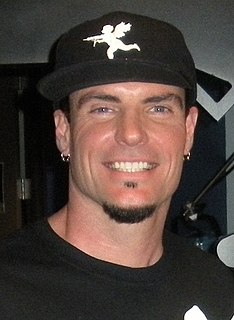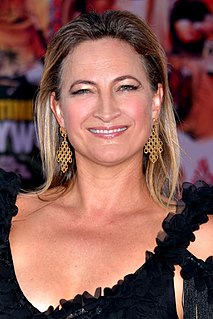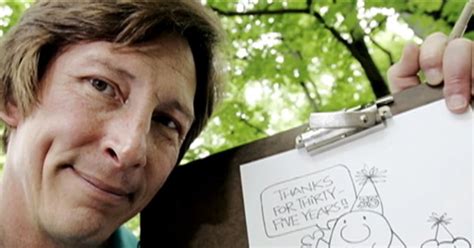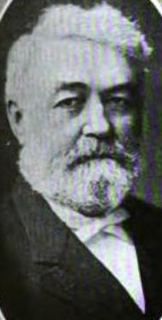A Quote by Daniel Radcliffe
It's almost a problem how much I enjoy my work.
Related Quotes
The madman theory can work, but it only works if it's strategic. And I think one of the problems that President Trump faces is people don't really know how much strategy is here and how much is he just sort of talking off the top of his head. And I think North Korea is a really classic case of a potentially insoluble problem, a problem that you have to manage.
I enjoy doing my work, and I don't want to deal with the other things. When you enjoy doing your work so much, why deal with where to show, how to show, what to do? If the artist finds the right gallery which respects their work and gives them that freedom to do whatever they want to do, the artist can focus on his work.
How many more years I shall be able to work on the problem I do not know; I hope, as long as I live. There can be no thought of finishing, for 'aiming at the stars' both literally and figuratively, is a problem to occupy generations, so that no matter how much progress one makes, there is always the thrill of just beginning.
People ask me over and over how is it that I work with stars. How do you work with Barbra Streisand, with Paul Newman, with Al Pacino, with Sally Field, Jane Fonda, you work with all these people. Isn't this a problem? And it isn't a problem at all. It's terrific. It's great fun. And I don't know what the answer is.
The problem I've always discovered in my own work when this kind of thing happens when you hit the wall is there's almost always a reason. You've almost always made a mistake in the initial conception of the project. You misapprehended something or you thought something would work and now you're three quarters on the way through and you see that it doesn't work.
Work wise, as a stunt woman, I enjoy telly - or TV - because - and, as an actor - I kind of enjoy the urgency of it. I enjoy the problem-solving that's happening. Right now, we don't have time to rehearse for hours. And, if something goes wrong, we don't have time to shoot something else for four days until we sort it out.
Sometimes I hear news about the huge dollars involved with CEO pay and corporate-management salaries, and I'm mystified at how someone can justify taking that much at the cost of other people's livelihoods. In a bizarre way, I'm almost kind of curious, like "How can they absolve themselves and enjoy their wealth?" I don't understand it.
I made a promise to myself when I graduated from law school that I would never do anything that I didn't enjoy doing, and almost every day of the year since that June of 1963, I have awakened glad that I was going to work, glad that I was going to court, glad that I was going to grapple with a problem.



































